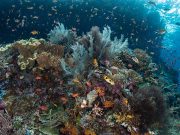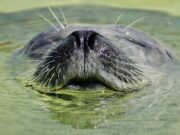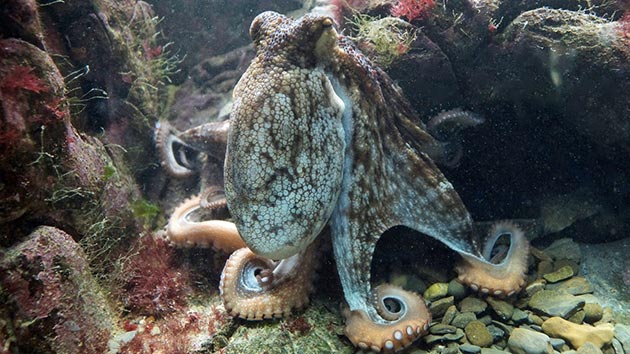Mother turtles find their way back to nesting beaches by looking for unique magnetic signatures along the coast, according to a new study published in Current Biology.
Loggerhead turtles, for example, leave the beach where...
Corals in the northern Red Sea could hold the secrets for reef survival in warming seas.
© 2022 KAUST; Morgan Bennett Smith.
Coral reefs underpin the livelihoods of around a...
Take part in the Shark Trust's community science project and to help gather vital information about global shark distribution. During the last week in July 2022 they want buddy pairs, dive centres, clubs and boats to record...
1. Are they dangerous?
With tentacles three metres long and covered with stinging cells, it's better not to get too close to the Lion's Mane jellyfish. They have a very severe sting that can...
Ocean warming is threatening coral reefs globally. Whenever sea temperatures rise in an area, coral reefs degrade. However, a new study has found that corals at or near the equator are less affected than corals elsewhere.
The findings from Florida...
Great white sharks know surfers aren't seals - most are just curious
Researchers solve some of pulsating soft coral (Xenid) mysteries, but their siestas still unanswered.
Stingrays can calculate. Scientists have trained the rays to do simple adding and subtracting. (They learned addition quicker, just like children do.)
The octopus is believed to be the most intelligent of all invertebrates. As well as its relatively large brain, each of the octopus' eight arms has its own rudimentary intelligence. This allows the arms to function independently....
Scientists have used satellite tracking and a crime-scene technique to discover an important feeding ground for green turtles in the Mediterranean.
University of Exeter researchers measured "stable isotope ratios" - a chemical signature also...




























